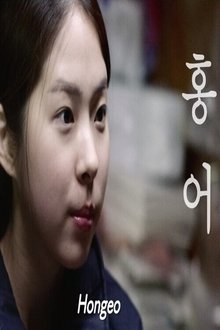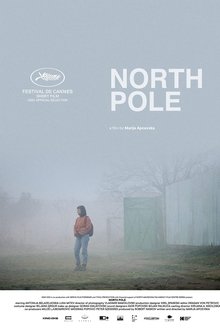LETTERS, a dramatic historical fiction written by Mrs. Evelyn Merritt in 2010, tells the story of U.S. soldiers and their loved ones through their correspondence beginning with the Civil War and ending with the War in Iraq. Sahuarita High School students adapted the Readers’ Theatre play into a movie, reasoning the student actors would be kept safe from Covid-19 by filming them individually, and afterward the footage could be reassembled into a screenplay following the original dialogue.
Related Movies
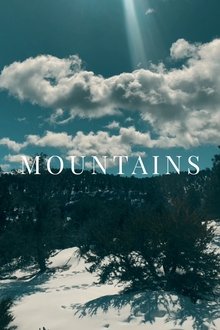
Mountains (NaN)
After a tragedy, Atel finds himself stuck on a series of mountains… with a familiar voice somehow communicating with him.

Casablanca (1943)
In Casablanca, Morocco in December 1941, a cynical American expatriate meets a former lover, with unforeseen complications.
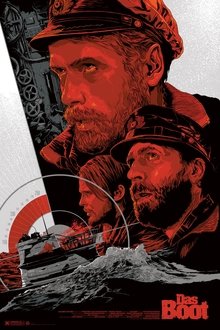
Das Boot (1981)
A German submarine hunts allied ships during the Second World War, but it soon becomes the hunted. The crew tries to survive below the surface, while stretching both the boat and themselves to their limits.
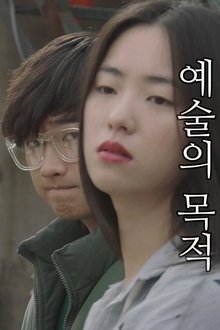
We Made It (2016)
Art college students, Nuri and Hoon have illegal plan instead of preparing graduation piece. But they need one more member for it.

Twins (2010)
On the eve of his wedding Daniel meets again with his true love-his identical twin brother Jan. For the last five years he's been running away from his feelings. Now, on his stag night he is being tested once more.
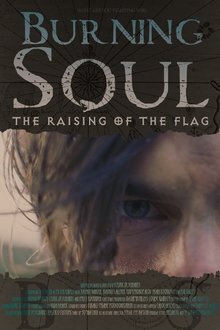
Burning Soul (2016)
Australia, June 1727, a ship from the Dutch East India Company wrecked on the hostile coast. Pieter and Hendrick are friends like brothers - they grew up together, sailed together, survived together. But when Hendrick discovers the true nature of Pieter's heart, the two men are taken in a storm where friendship and faith collapse.

Apocalypse Now (1979)
At the height of the Vietnam war, Captain Benjamin Willard is sent on a dangerous mission that, officially, "does not exist, nor will it ever exist." His goal is to locate - and eliminate - a mysterious Green Beret Colonel named Walter Kurtz, who has been leading his personal army on illegal guerrilla missions into enemy territory.

All Quiet on the Western Front (1930)
When a group of idealistic young men join the German Army during the Great War, they are assigned to the Western Front, where their patriotism is destroyed by the harsh realities of combat.
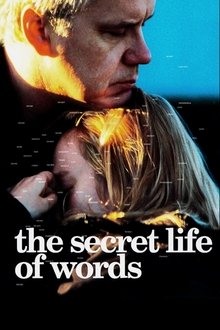
The Secret Life of Words (2005)
A solitary nurse bonds with a badly burned patient who survived an accident on an oil rig.

Lucifer, my love (2022)
A man's life becomes threatened after he goes on a date with a woman who's in love with the Devil.
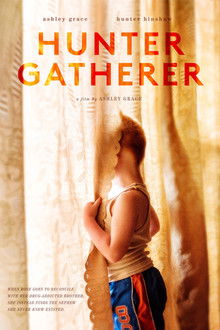
Hunter Gatherer (2018)
When Rose goes to reconcile with her drug-addicted brother, she instead meets the nephew she never knew existed.

The English Patient (1996)
In the 1930s, Count Almásy is a Hungarian map maker employed by the Royal Geographical Society to chart the vast expanses of the Sahara Desert along with several other prominent explorers. As World War II unfolds, Almásy enters into a world of love, betrayal, and politics.

The Pianist (2002)
The true story of pianist Władysław Szpilman's experiences in Warsaw during the Nazi occupation. When the Jews of the city find themselves forced into a ghetto, Szpilman finds work playing in a café; and when his family is deported in 1942, he stays behind, works for a while as a laborer, and eventually goes into hiding in the ruins of the war-torn city.

Schindler's List (1993)
The true story of how businessman Oskar Schindler saved over a thousand Jewish lives from the Nazis while they worked as slaves in his factory during World War II.
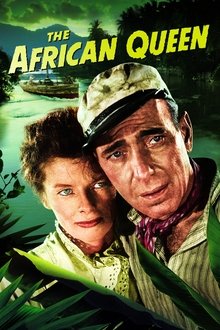
The African Queen (1952)
At the start of the First World War, in the middle of Africa’s nowhere, a gin soaked riverboat captain is persuaded by a strong-willed missionary to go down river and face-off a German warship.
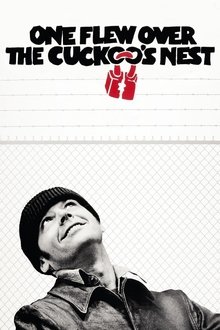
One Flew Over the Cuckoo's Nest (1975)
A petty criminal fakes insanity to serve his sentence in a mental ward rather than prison. He soon finds himself as a leader to the other patients—and an enemy to the cruel, domineering nurse who runs the ward.

